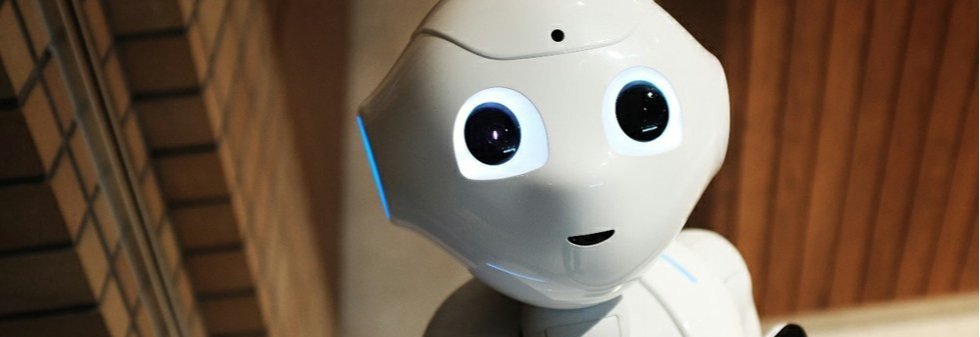
Research Groups
-
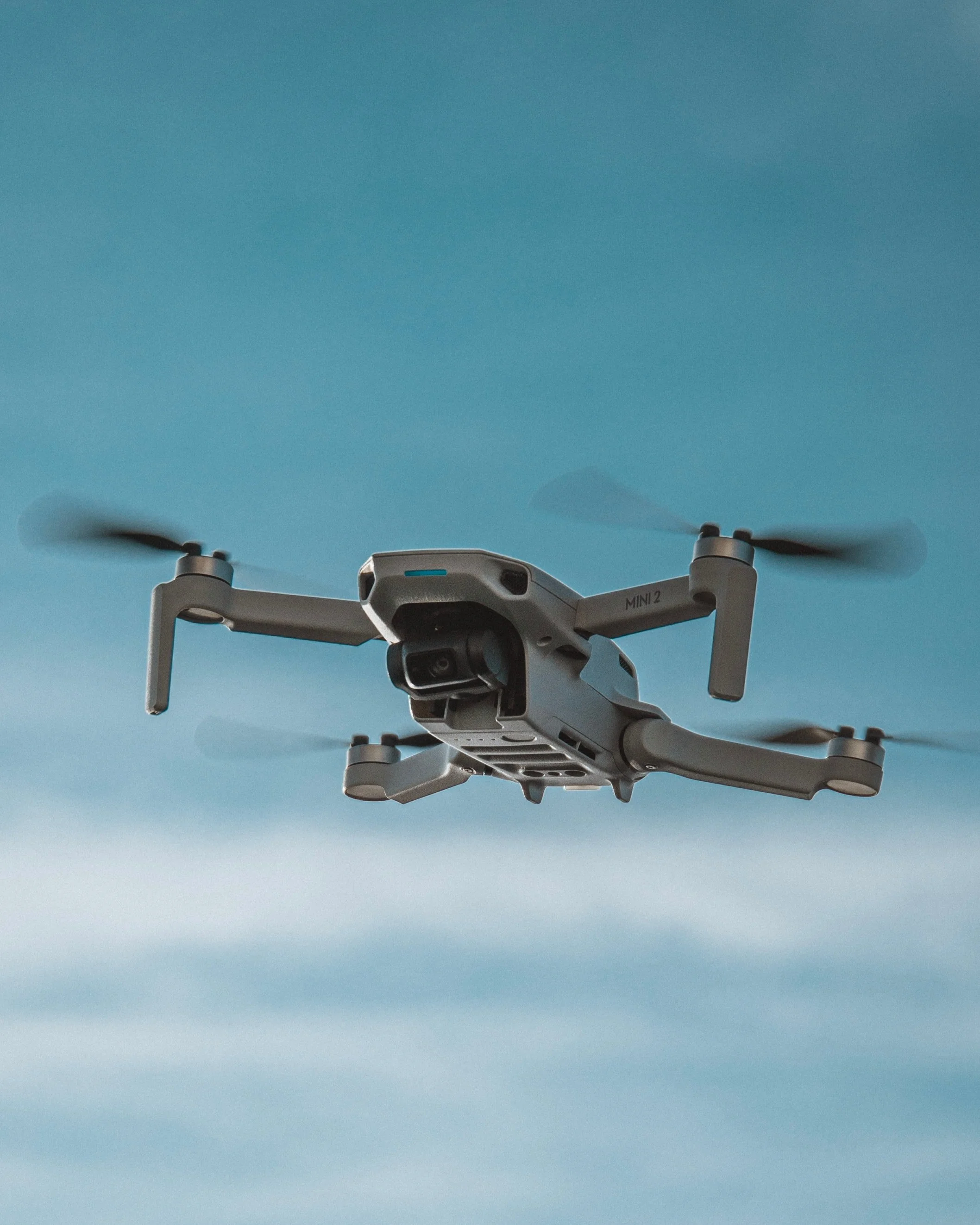
Aerial Robots
Research into intelligent aircraft, including autonomous Micro Air Vehicles, specializing in their guidance and control.
-
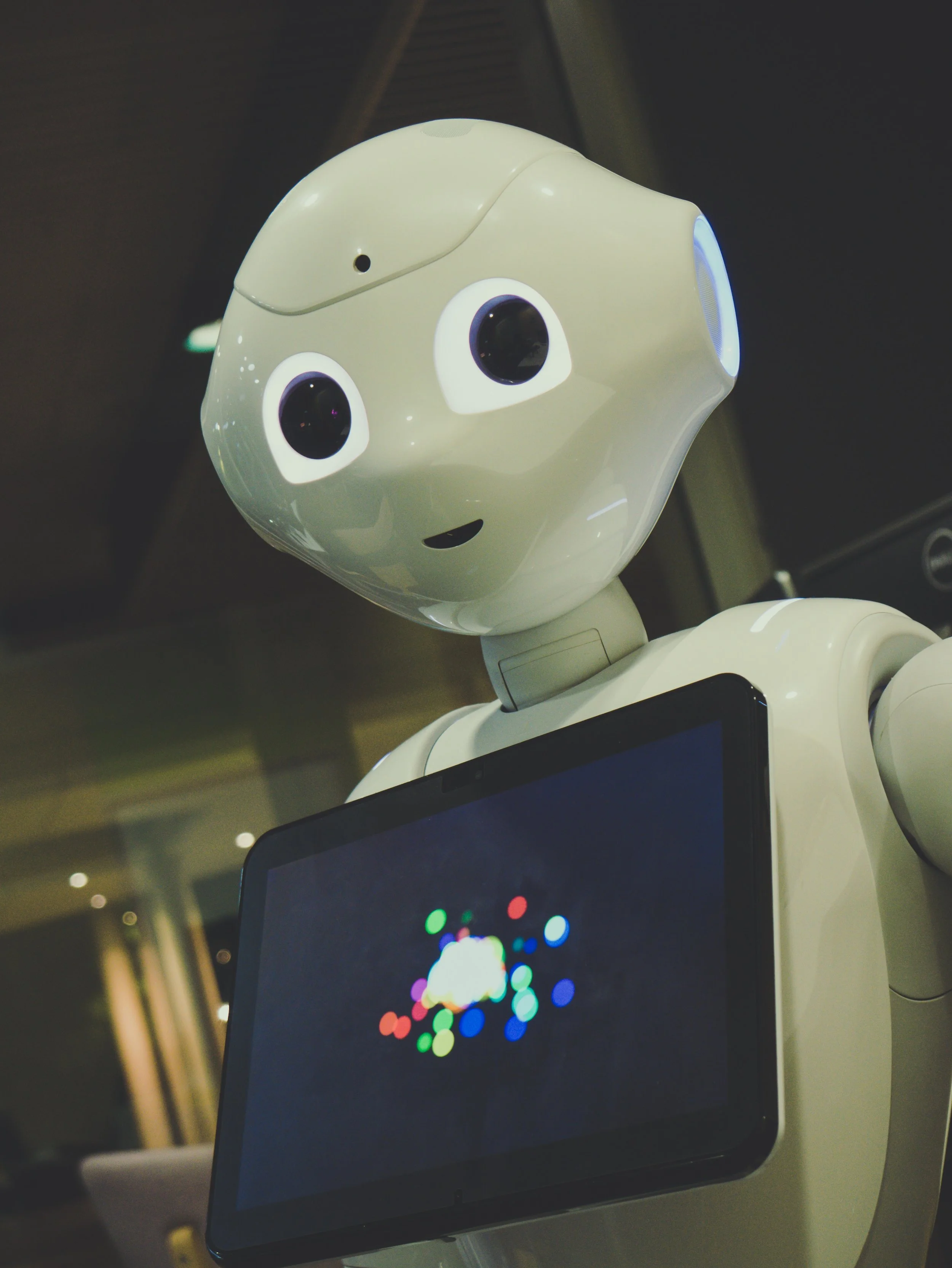
Assistive Robotics
Research into interactive assistive robots and smart sensor systems to realise person-focused innovative assistive care solutions for supporting independent living
-
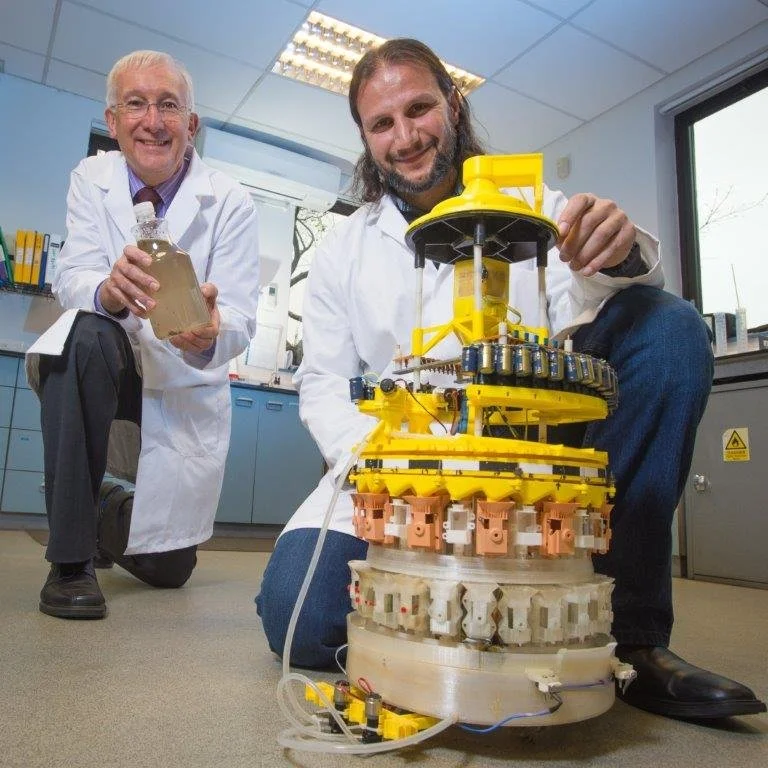
Bioenergy & Self Sustainable Systems
Research into overcoming the energy barrier to deployment of autonomous robots in remote areas utilising microbial fuel cells.
-

Biomimetic and Neuro-robotics
Developing robots that can operate in challenging environments, beyond the limitations of conventional sensory devices.
-

Connected Autonomous Vehicles
Research and Development in all aspects of Connected Autonomous Vehicles
-

Dexterous Robotics
Taking inspiration from the human hand, its dexterity and sense of touch, research into dexterous robotics including teleoperation, haptics, assistive, soft and wearable technologies.
-

Robots for Hazardous Environments
Research and development in all aspects of Robotics for Hazardous Environments and Autonomous System Support.
-
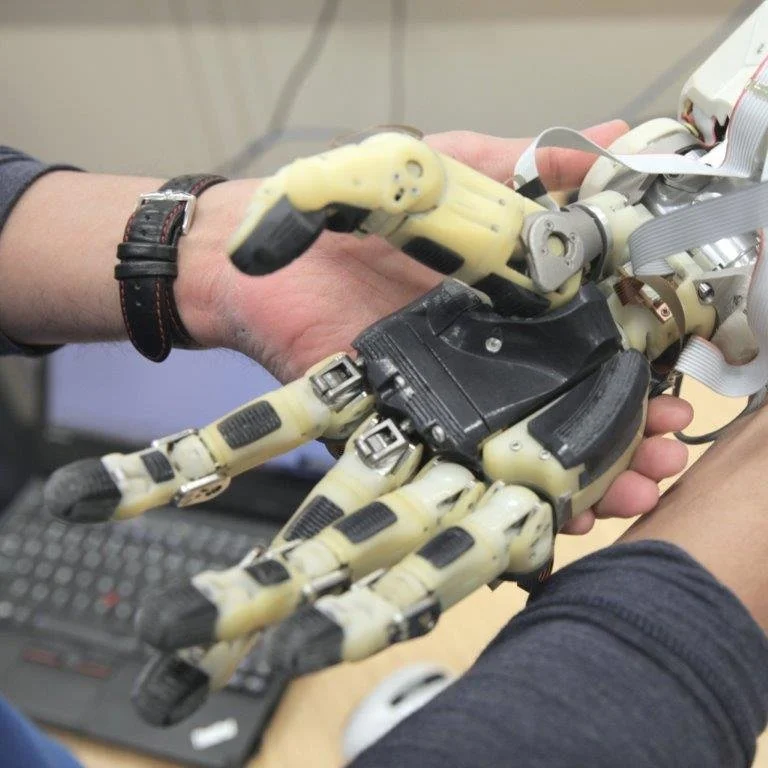
Medical Robotics
Robotic technology is able to provide precise and accurate sensing and movement capabilities. Our group looks at the application of such technology in human-controlled surgical applications.
-
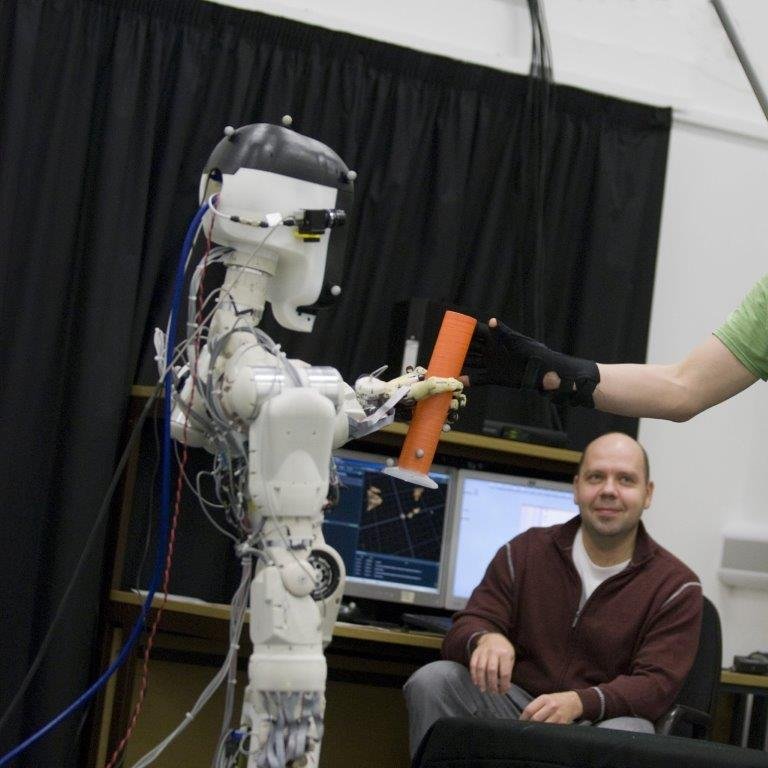
Non-Linear Robotics
Research towards bringing future generations of humans and humanoid robots together, which requires safe interaction of humans with robots
-

Machine Vision
Vision is a key ability in the natural world, and by equipping robots with visual skills, we give them an important tool for understanding and extracting information from real world environments
-
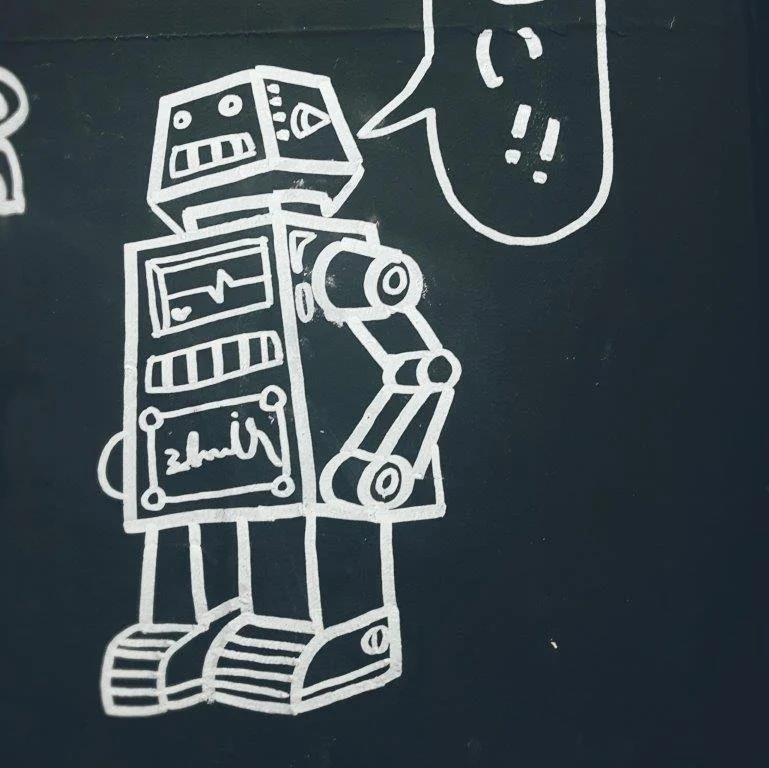
Robotic Ethics
The so called 4th Industrial Revolution and its economic and societal implications is no longer solely an academic concern, but has become a matter for political as well as a public debate
-

Safe Human-Robot Interaction
Investigating the aspect of physical and behavioural safety to enable safe human-robot interaction, to ensure that a robot is capable of performing cooperation tasks with humans.
-

Smart Automation
Research into the next generation of advanced robotics engineering systems. Robots that can make human-like decisions while carrying out manufacturing process.
-

Soft Robotics
Soft robotics seeks to release robots from the constraints of hard materials such as metal and plastic and develop artificial muscles and organs more analogous to biological systems.
-

Swarm Robotics
A combination of environmental, social and internal cues could result at the group level in components believed to be important in the emergence of self-organised behaviour.
-

Verification and Validation for Safety in Robotics
Investigating all aspects of safety for verification and validation purposes and to enable safe Human Robot Interaction in cooperative tasks.